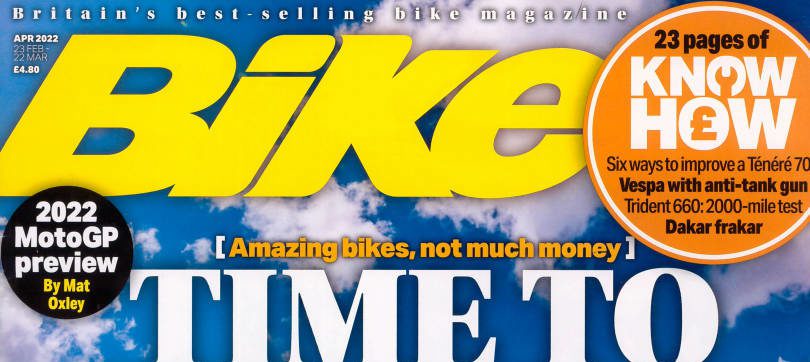Before you drift off into slumber, this stuff applies to you across the board for insurance – whether health, motorcycle, travel, car or just about any other risk insured after April 2013.
It tilts the balance of disclosure away from the old law, largely governed by a 1906 Act which placed upon the insured the duty to place all material facts before the insurer with utmost good faith, whether asked or not. Do you know what underwriting risks and material facts are? No? join the club. This led to insurers wriggling out of absolutely sound claims where an insured ‘failed’ to declare something they were never asked about.
Fair but vague
The modern test is much fairer but vaguer, but that vagueness is largely in favour of you, the consumer. If your insurer does not ask you a question or makes an incorrect assumption without asking you, the risk is on the insurer who ought to be expert in, well, insurance. Your duty as a consumer is to take reasonable care in your response and answer the questions truthfully. But what of areas of doubt? A classic one is garaging…
Is your motorcycle stored in a garage overnight? A simple ‘yes’ or ‘no’ might suffice but if the insurer wants to know more then it needs to ask, is it a brick or wooden garage? Is it one to which only you or your family have access? Is it on your premises? If they want to know, they have to ask.
Do you ride the motorcycle to work? If the answer is ‘yes’ then it is up to the insurer to ask where your work is or do you work in only one place? If your answer is ‘yes, I ride to work,’ and there is no follow up question your insurers cannot wriggle off if your bike is stolen while parked at work or damaged on the way to work.
The law looks at the questions and the answers through the eyes of a reasonable consumer. If, for example English is not your first language, the law will not come to your assistance if you answer a question incorrectly but if the question turns on a precise construction of an English word – locked or garage or place of work – the judge will apply a test of reasonableness.
It’s about clarity
It is also a proper inference for the court to draw that if a question was of importance it would be properly questioned. So if locked means locked to the ground with a Gold Sold Secure lock and a ground anchor then it needs to say so. If it says alarm but means a Thatcham Approved with a tracker then it needs to say so. The old 1906 law that the assumption of risk played against the insured is now reversed. It is presumed against the insurer, whose business it is to sell insurance.
Where there is doubt in the contract of insurance it is construed against the writer of the contract – the old rule of contra preferentum. If you write it, you get to set the parameters and if there is doubt, well, you should have written it more carefully.
Andrew Dalton
Bike Magazine – April 2022












Good clarification thank you.